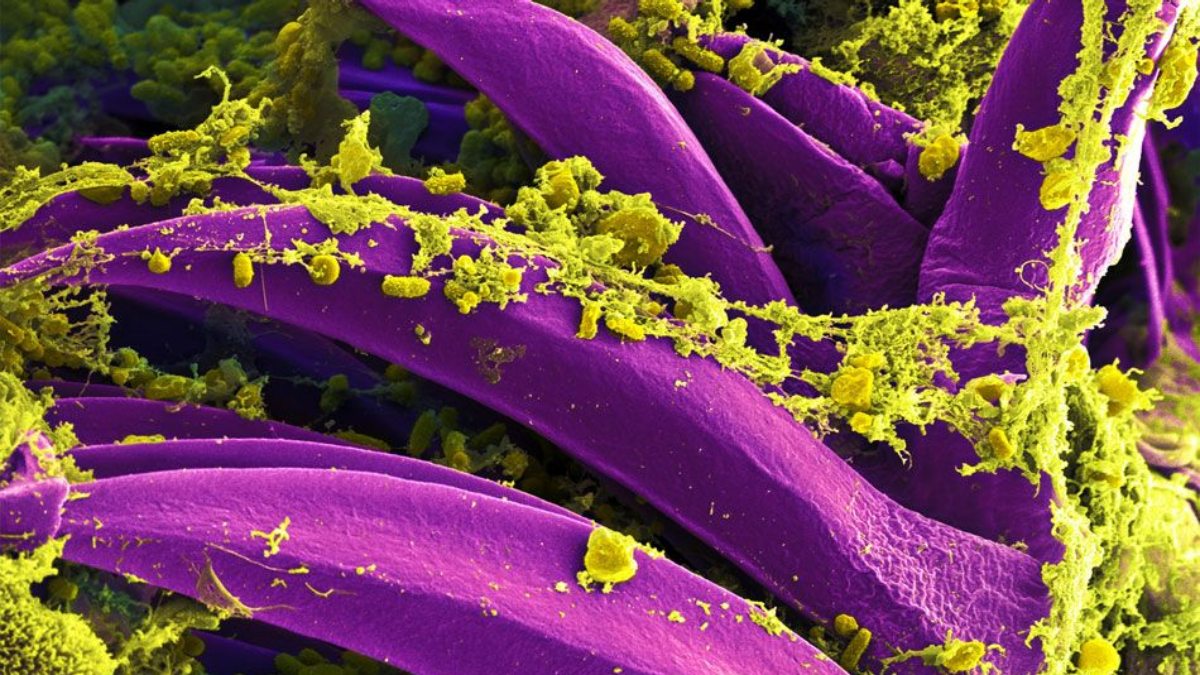Health authorities in Oregon have disclosed a rare occurrence of bubonic plague in a human, likely transmitted by a domestic cat. Bubonic plague, infamous for its devastating impact during the Middle Ages’ “Black Death” pandemic in Europe, is now treatable but remains a potentially serious illness, officials emphasized.
The patient’s identity in Deschutes County has not been disclosed, but officials confirmed they are receiving treatment. The individual is believed to have contracted the disease from their pet cat.
Dr. Richard Fawcett, Deschutes County Health Officer, stated, “All close contacts of the resident and their pet have been contacted and provided medication to prevent illness.”
Symptoms of bubonic plague typically appear within eight days after exposure to an infected animal or flea, including fever, nausea, weakness, chills, and muscle aches. If left undiagnosed, the disease can progress to more severe forms like septicemic or pneumonic plague, which are significantly more dangerous.
Fortunately, the case was identified and treated early, posing minimal risk to the community, authorities assured. No further cases have been reported following the investigation.
According to the Oregon Health Authority, instances of plague in the area are rare, with the last reported case occurring in 2015.






